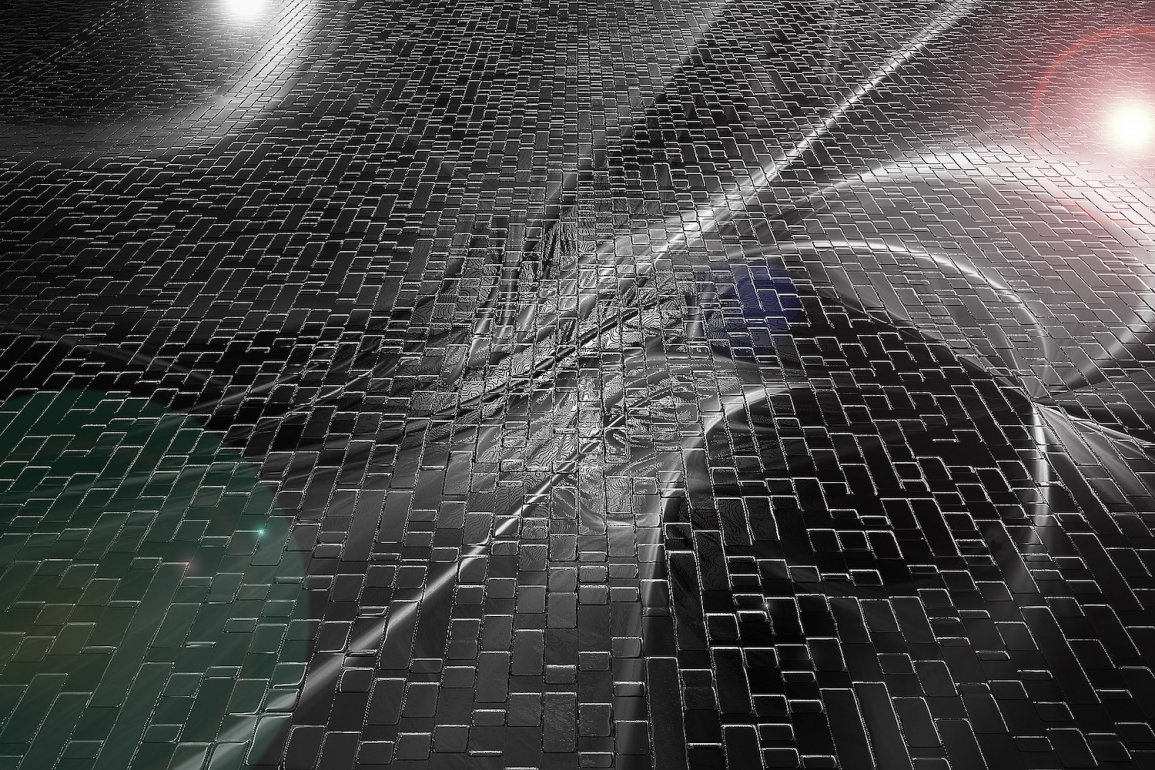By Sahana Chattopadhyay and originally published on medium.com
My question is how organizations can lead us not toward some predictable goal, but toward a greater and greater capacity to handle unpredictability, and with it, a greater capacity to love and care about other people. ~Margaret Wheatley
This is the first part of an article by Sahana Chattopadhyay on the future of Leadership. Read Part 2 here.
Uncertainty is not a Threat: It is Creative and Powerful
Margaret Wheatley, one of the most prescient of systems thinkers and organization development writers, wrote this twenty years ago in her article, It Starts with Uncertainty. It is even more relevant and true today as uncertainty and unpredictability become a way of life. We are striving to make sense of a world that is spinning out of control.
To thrive, i.e., to go beyond mere survival, desperation, fear, and helplessness, we need to foster and cultivate very different capacities in ourselves and in our organizations. I have been writing about developing these capacities in my previous articles: Facilitating Emergence and Sensemaking in Organizations, Reinventing Organizational Learning, and Six Enablers of Emergent Learning.
It is of paramount importance for organizations to build these core capacities to handle unpredictability and lean into ambiguity — to become platforms and containers for the future to manifest itself. Organizations and workplaces play an important role in our lives — and not just as a means to earn a monthly paycheck.
I do believe that we infuse our lives with meaning when we do work that matters — where we contribute with our gifts from our higher Self, where our contributions are needed, and we are “paid” for it. I use “paid” in a broader and deeper sense beyond monetary payment, which is definitely important and must be fair.
However, I also mean payment to mean a sense of fulfillment, the ability to achieve mastery, the opportunities to co-create meaningful outcomes with others, to be part of a community of passionate individuals, and to move toward a shared purpose. When work becomes this joyful, it becomes regenerative and healing.
Unfortunately, most organizations today are still operating from the old paradigms of command, control, planning, predicting, managing… The more volatile and complex the world becomes, the greater is the tendency to clamp down with more control. We are unable to let go and embrace uncertainty.
But this is the fundamental leadership skill necessary to build thrivable, regenerative, meaningful organizations. And this can only happen when there is a paradigm shift — a shift from a mechanistic view of organizations to a living systems view. When we perceive our organizations as living systems, we cease to enforce control to bring about order. We begin to appreciate that, like any other living system, organizations also have inherent order, resilience, and congruence built into them.
It is only when we disturb the natural flow of relationships, of meaning making, of genuine contribution and collaboration by creating artificial boxes and silos, that we create disharmony, dis-balance, and disorder.
When we view organizations through the lens of a complex, living, and adaptive system which — given the right conditions, nurturing, and stewardship — can transform itself and its ecosystem, we can invite people to a shared journey of moving toward an Evolutionary Purpose.
This is vastly different from hustling people to meet pre-defined goals and quarterly targets. Moving toward an Evolutionary Purpose requires holding space for emergence, for the future to manifest itself through collective sensemaking.
This needs a completely different kind of leadership. Yesterday’s models of leadership are no longer relevant. They uphold a figure who is aggressive, goal-driven, competitive, calculating, unemotional, wins the deal, amps revenue, manipulates people, and is stamped with all the “signs of material success”.
Such leadership models and theories have sadly created generations of leaders disconnected from their essential humanity. Thus, we desperately need to reimagine and reinvent leadership to create joyful, regenerative organizations.
Today’s organizations need leaders who believe in human potential and goodness, who can inspire people to operate from their highest selves, who can instill in people a deep sense of their own worth. Otto Scharmer, in his book, Leading from the Emerging Future, distinguishes between what we do and how we do it, and the source or inner place from which we operate.
It is this source that is the differentiator. As Bill O”Brien, the late CEO of Hanover Insurance said: “The success of an intervention depends on the interior condition of the intervener.” This is absolutely critical for leaders to understand and assimilate. They cannot transform their organizations unless they can transform the inner state from which they operate. In this context, Scharmer refers to:
“Presencing — a blended word combining sensing (feeling the future possibility) and presence (the state of being in the present moment). It means sensing and actualizing one’s highest future possibility — acting from the presence of what is wanting to emerge.”
The Age of Uncertainty calls for such leaders — leaders who practice Presencing. People can lean into and embrace unpredictability when leaders have unyielding belief in them. Such leaders become wayfinders and stewards of their organizations by holding space for everyone to contribute from their most authentic self.
When they move from taking control to facilitating sensemaking and emergence, a space opens up for the future possibilities to manifest themselves. When people feel genuine inclusion, respect, and autonomy, and have a shared awareness of the whole system, they operate from their best selves. They cease to hold back, be defensive, be fearful, be competitive, be jealous or bitter, and all the other emotions that hold us back as well as the latent possibilities of an organization.
With so much latent potential released and put forth in service of a higher purpose, an organization and its people cannot but thrive.
Read Part 2 here.
 Sahana is a Coach, Facilitator, Speaker, and Writer with a background in designing workplace learning experiences, and Organization Development.
Sahana is a Coach, Facilitator, Speaker, and Writer with a background in designing workplace learning experiences, and Organization Development.
Catalyst | Community Steward | Scribe to an emerging era… Exploring new ways of Being | Lover of mountains, rivers, forests, & seas.
Her passion is to help individuals, teams, and organizations hold space for emergence, and move towards their fullest potential. Reach her at [email protected]
Featured image/graphic link, block quoting and some paragraph spacing added by Enlivening Edge Magazine. Image by Bronisław Dróżka from Pixabay.




